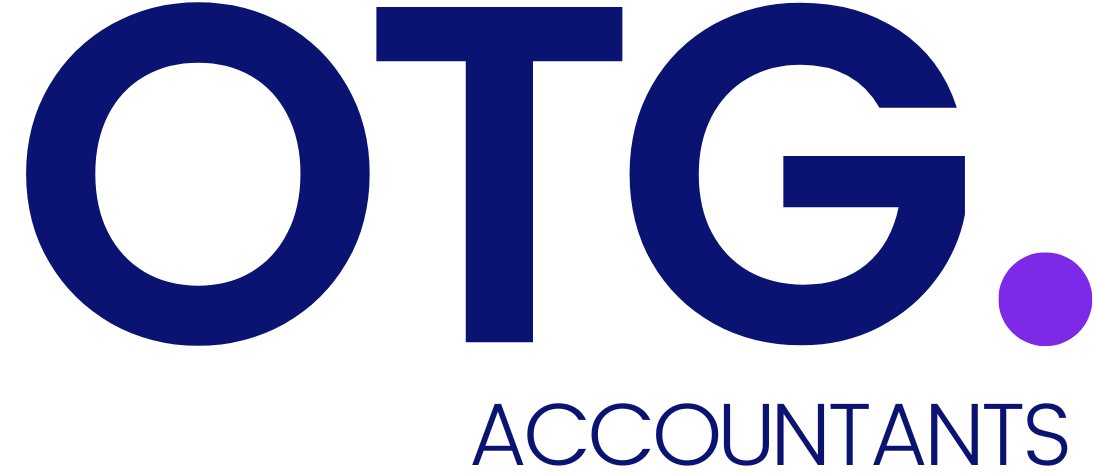Filing Overhaul for Small Businesses: Balancing Transparency and Privacy

Written by:
Daniel Scott
Head of Accounting
Filing Overhaul for Small Businesses: Balancing Transparency and Privacy
Recent developments in the United Kingdom have ushered in substantial changes to the way small businesses report their financial information. With the enactment of the Economic Crime and Corporate Transparency Act, small enterprises, including micro-entities, are now mandated to submit a profit and loss account to Companies House. This development has sparked a diversity of opinions within the business community. Let’s take a look at the implications of this change and the differing perspectives surrounding it:
The New Filing Requirements
1. Profit and Loss Account: Small businesses and micro-entities are required to file a profit and loss account, encompassing crucial financial data. This measure aims to enhance transparency by making the company's turnover information publicly accessible.
2. Director's Report: Small businesses must also submit a director's report, providing additional insights into their financial performance.
3. Abridged Accounts Abolishment: The Bill does away with the option for companies to prepare abridged accounts, which previously allowed for a condensed financial statement.
Definition of Small and Micro-Entities
To comprehend the scope of these changes, it is vital to define what constitutes a small business and a micro-entity. A small business is one that satisfies at least two of the following criteria:
- Turnover of £10.2 million or less
- £5.1 million or less on its balance sheet
- 50 employees or fewer
Micro-entities are defined as companies that meet at least two of the following criteria:
- Turnover of £632,000 or less
- £316,000 or less on its balance sheet
- 10 employees or fewer
A Lack of Clarity
Despite the legislation's passage, there is currently no established timetable for the enforcement of these new rules. Companies House has assured that the requirements for a profit and loss account will be set out in regulations, with further details communicated in due course.
Concerns and Divided Opinions
The introduction of these new filing requirements has ignited a wide spectrum of opinions within the business and accounting communities. Some argue that increased transparency is long overdue, given the limited liability that companies enjoy. They believe that making financial information accessible to the public is a necessary step to combat fraud.
Conversely, there are concerns about commercially sensitive information being divulged. Critics contend that this newfound transparency may lead to a "nosy neighbour culture" and put small businesses at a disadvantage when negotiating with larger customers. It is feared that competitors, suppliers, and even the general public may use this information to their advantage.
An Uncertain Future
The debate surrounding these changes is far from settled. While public access to profit and loss accounts remains a concern, it is up to the secretary of state to decide whether these accounts will be publicly accessible or kept private. The government's intention is to use these requirements to enhance the reliability and accuracy of the Companies House register and minimise the burden on businesses. It aims to address the issue of inaccurate or insufficient information currently present in the register.
The Economic Crime and Corporate Transparency Act ushers in a significant shift in the way small businesses report their financial information. While the government's goal is to strike a balance between transparency and minimising burdens on businesses, the impact of these changes remains uncertain. As the secondary legislation is finalised, more details will emerge, providing a clearer picture of how this will affect small businesses, their privacy, and their ability to thrive in an increasingly transparent environment.





